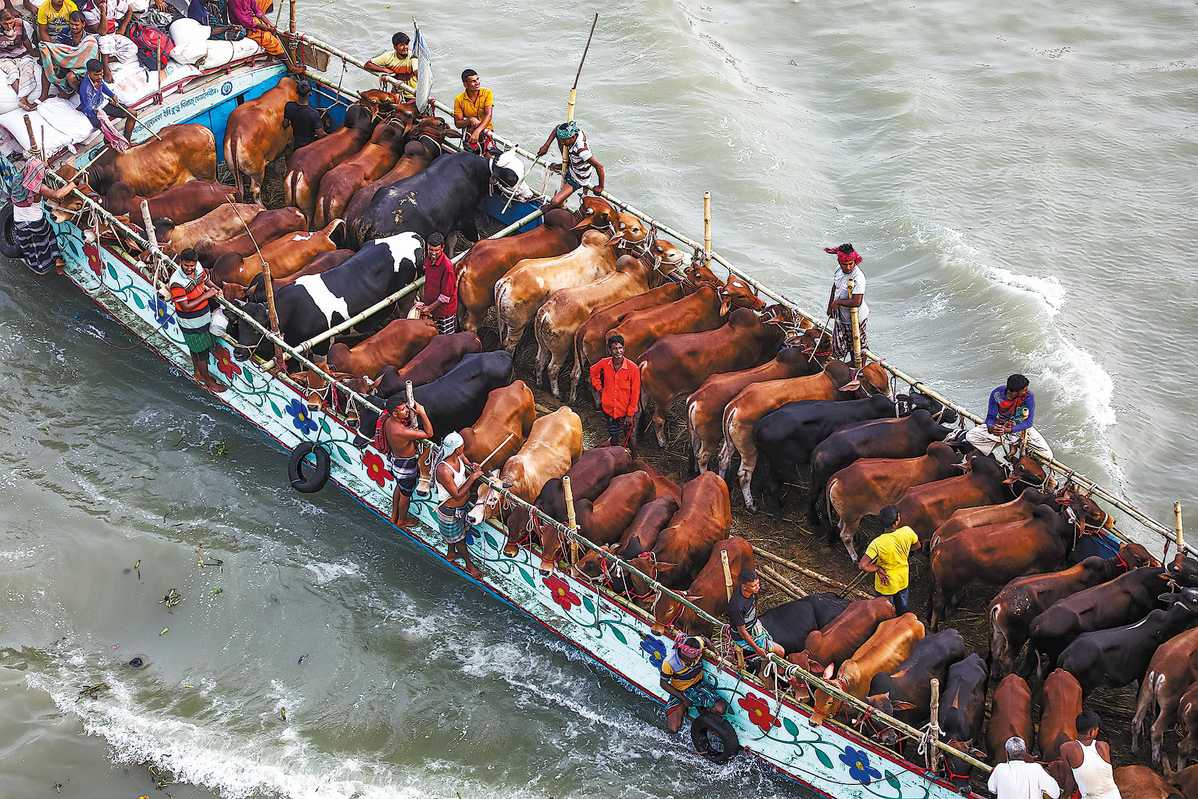High cost of living
Inflation can mean a daily struggle for the working poor in Bangladesh
Updated: 2025-01-09 17:14

Inflation remained persistently high in recent years, a trend worsened by supply chain disruptions.
In Dhaka, fruit vendor Nur Islam Sheikh sees a similar trend. Apples that sold for 180 taka per kg a year earlier now cost 300 taka, and customers who bought 3 kg now haggle for 2.
Outside the capital, the situation is grimmer. Samiul Islam, a 40-year-old microbus driver in Dinajpur, earns a stagnant monthly income of 15,000 taka. Rising food prices have altered the family's equation, forcing them to cut down on meals and essentials.
"Sometimes, I skip meals so that my children don't go hungry," Samiul said.
In Kushtia, Babul Kumar Acharjee, a battery-run auto-rickshaw driver, echoed the sentiment. His family now lives on rice, vegetables and dal, with meat a distant memory.
Mehedi Hasan, a welding mechanic in Shimulia, a village in Kushtia, struggles with frequent borrowing for daily needs.
"Amid the struggle, I now have to ask for money from my relatives even for smaller needs," he said.
Liton Ghosh, who runs a modest roadside eatery in Dhaka's Tejturi Bazar, is a quiet reflection of how small businesses are adapting to rising costs. His words, like his meals, echo the struggles of the poor recalibrating to survive.
Liton recalled a time not so long ago when he could serve three parathas with vegetables for 39 taka. Today, the same plate costs 50 taka — but with smaller portions.
"The parathas are a bit smaller now, and the portion of vegetables has also been reduced," he said.
The Daily Star, Bangladesh
























